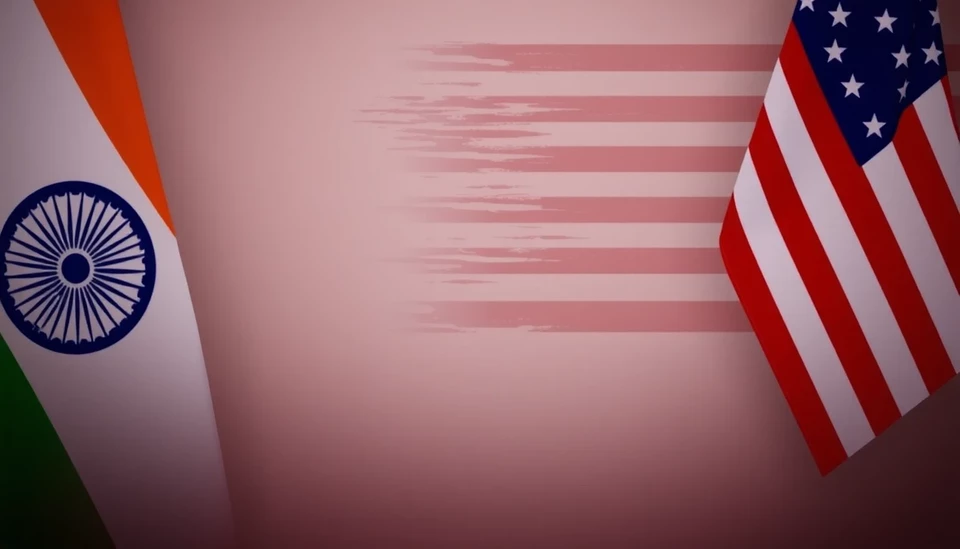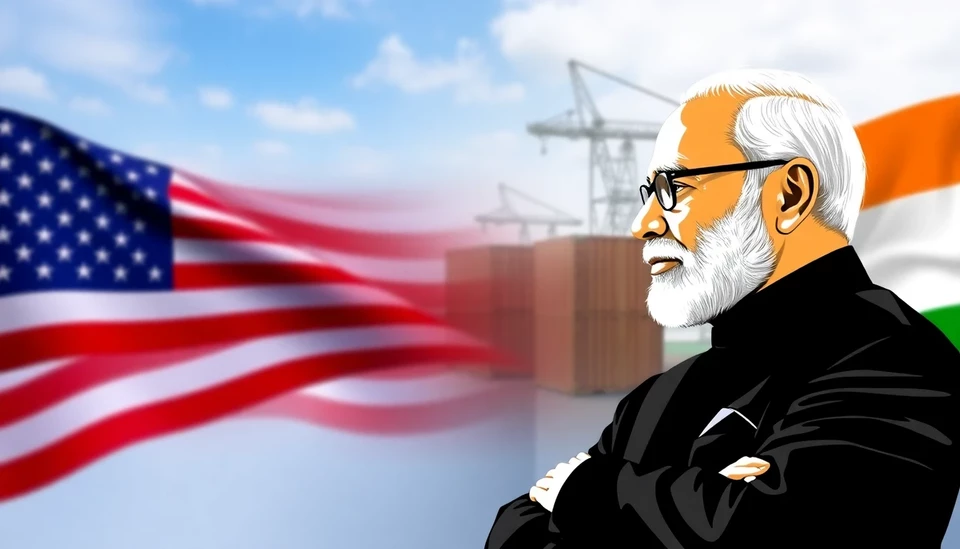
In a progressive move aimed at bolstering economic ties, India is withdrawing to finalize crucial aspects of its trade discussions with the United States within a six-week timeframe. This ambitious target signifies a pivotal moment in increasing trade relations between the two nations, reflecting the broader geopolitical landscape and economic collaboration that both countries are keen to enhance.
India's Commerce Minister, who has been relentless in pushing forward these trade talks, noted that substantial headway has been made in various areas of negotiation. Trade discussions are particularly focused on sectors such as agriculture, technology, and pharmaceuticals, which are expected to underscore mutual benefits for both economies. The U.S. has expressed interest in expanding and diversifying its imports from India while also looking for favorable conditions to support its domestic sectors, particularly in critical industries.
Additionally, both nations are working to address tariffs and other trade barriers. Historically, these have posed challenges; however, recent dialogues indicate a willingness to arrive at compromise solutions that are favorable for businesses on both sides. Observers have indicated that a successful conclusion to these negotiations could instigate a significant uptick in bilateral trade, projected to ascend past the current $150 billion mark over the next few years.
Yet, as negotiations unfold, there are still hurdles to overcome. Stakeholders in the agricultural sector in the U.S. have voiced concerns regarding Indian restrictions on market access for certain agricultural products, while Indian manufacturers are keen to address U.S. policies on tariffs and non-tariff barriers. The interplay of these interests will be crucial as the negotiators strive for a balanced agreement that satisfies both parties.
This push for an accelerated timeline comes amid a shifting global economic environment, where trade policies are increasingly influenced by broader strategic considerations, including regional stability and security. Both India and the U.S. see stronger economic ties as essential not only for mutual prosperity but also as a counterbalance to the economic influence of other major powers, especially China.
The Indian government is optimistic that wrapping up the key aspects of this trade agreement in the next few months will also pave the way for further strategic dialogues and cooperation on various global issues, including climate change, which has emerged as a priority for both nations.
With the six-week deadline approaching, all eyes will be on the progress of these negotiations, as they could potentially reshape the landscape of Indo-U.S. trade relations and establish a framework for future collaborations in various sectors.
In conclusion, the successful negotiation of a key trade deal could mark a transformative chapter in Indo-U.S. relations, setting a precedent for future engagements between the two countries and contributing positively to the global economy.
#IndiaUSTrade #TradeNegotiations #EconomicGrowth #BilateralRelations #GlobalTrade
Author: Rachel Greene
